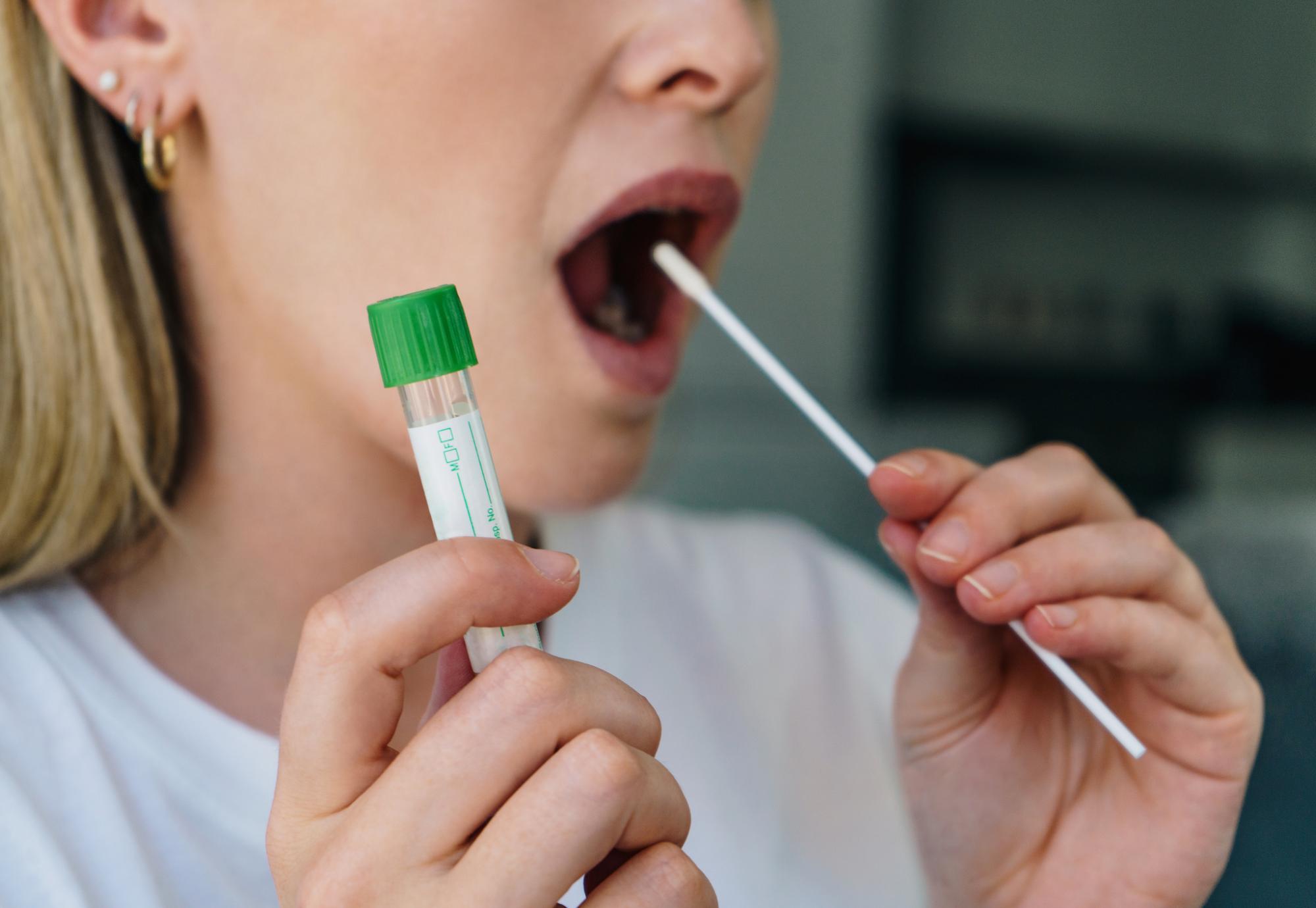As lateral flow testing continues to be expanded and offer us a route towards reopening aspects of society, new analysis has been published showing these tests to have a specificity rate of 99.9%.
It is understood the accuracy rate could be as high as 99.97%, equating to fewer than one false positive test result in every 1,000 lateral flow tests carried out.
The specificity measurement tested within the research looked at how good lateral flow device (LFD) tests were at detecting true negative cases.
The analysis used data from LFD tests used in community testing, rapid testing in education and from asymptomatic test sites. Rapid testing in these locations used supervised testing.
Supervised testing is where the individual being tested swabs themselves under supervision of a trained operator, who then processes the test and reads the result.
Health Secretary Matt Hancock said: “This new data further confirms what we know – these rapid tests are extremely accurate and are helping dramatically curb Covid-19 cases. On Monday alone, we conducted over 1.5 million tests.
“Around one in 3 people who have coronavirus never show any symptoms but may still be infectious. This means they could be spreading the virus without realising it.
“Rapid testing can help detect asymptomatic cases quickly, preventing the virus from entering schools, colleges or workplaces, and stopping outbreaks before they occur.”
Around 1 in 3 people with coronavirus is asymptomatic, increasing the risk that they could unknowingly spread the virus. Rapid testing using LFD tests can detect cases quickly, typically in under 30 minutes, allowing positive cases to then immediately isolate, breaking further chains of transmission in the community.
Dr Susan Hopkins, Covid-19 Strategic Response Director to Public Health England and Chief Medical Adviser to NHS Test and Trace, added: “We know that up to one in 3 people who have coronavirus never show any symptoms but that does not mean they are not infectious.
“Using LFD tests enables us to rapidly identify people in the population who are asymptomatic, with results produced in 30 minutes.
“Lateral flow devices are effective at finding people with high viral loads who are most infectious and most likely to transmit the virus to others.
“We’ve looked very carefully at the evidence that’s emerging from LFD tests that have been delivered at home and in testing sites over recent weeks, and real-life scenarios suggests they are at least 99.9% specific which means that the risk of false positives is extremely low – less than one in a thousand – which is a very good test.”



















